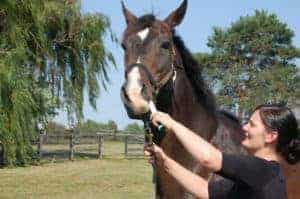
Strategic Deworming Schedules for Horses
Have your veterinarian perform a fecal egg count on your horse before deworming to ensure your protocol is effective and reduce the incidence of parasite resistance.

Have your veterinarian perform a fecal egg count on your horse before deworming to ensure your protocol is effective and reduce the incidence of parasite resistance.
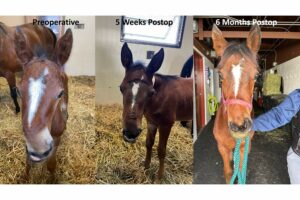
Learn why this congenital malformation occurs in foals and how veterinarians, owners, and breeders can treat and prevent it.
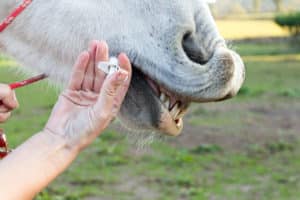
Researchers continue to study internal parasites with a focus on preventing resistance to deworming drugs. Read more in this article from The Horse‘s 2023 Research Roundup issue.
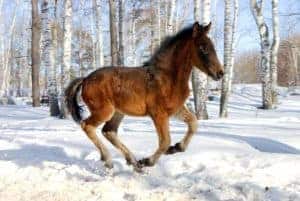
An equine behavior expert offers advice on raising and training an orphan foal to reduce future unwanted behaviors.
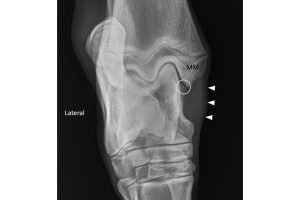
Discover how a young horse with persistently puffy hocks but no lameness was diagnosed with and treated for a medial malleolus lesion in the Fall 2023 issue of The Horse.

When do I start my foal on an exercise program? What type of exercise should I start him with, and when?

A youngster’s hoof care lays the foundation for his future. Here’s what you need to know about the foal’s first exam, mistakes to avoid, and common foal hoof and limb issues.

Parasitologists paint a realistic picture of what roundworm-related diseases in foals look like in this article from the Summer 2023 issue of The Horse.

Researchers used AI to analyze horse conformation and detected differences between fragile foal syndrome carriers and noncarriers that might have performance implications.

Proper nutrition is essential to giving your foal a healthy start to life. Learn how to feed a foal that has been orphaned, rejected, or born to a mare with no milk.

Understanding potential problems during your mare’s pregnancy and after the foal’s birth could be the best way to protect them.

What is the long-term prognosis for a young horse losing a tooth prematurely?
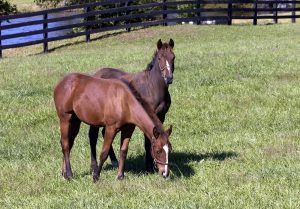
As you consider ways you can help your foal—and his dam—through the weaning process, examine proven methods based on research findings to formulate a plan.

Your foal needs proper nutrition to get a jump on a healthy life. Here are some tips to ensure he receives it.
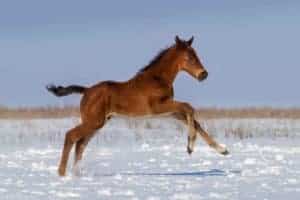
Ensure your decision to breed is the right one and that you’re prepared to handle the costs and commitments involved.

Foal rejection can jeopardize the foal’s health—and even life—due to failure of passive transfer of immunity or severe injury.
Stay on top of the most recent Horse Health news with
© 2022 Copyright Statement dolor sit amet, consetetur sadipscing User Terms, sed diam nonumy eirmod tempor invidunt ut labore et dolore magna aliquyam erat, sed diam voluptua. At vero eos et accusam et justo duo dolores et ea rebum. Stet clita kasd gubergren, no sea takimata sanctus est Lorem ipsum dolor sit amet.
"*" indicates required fields